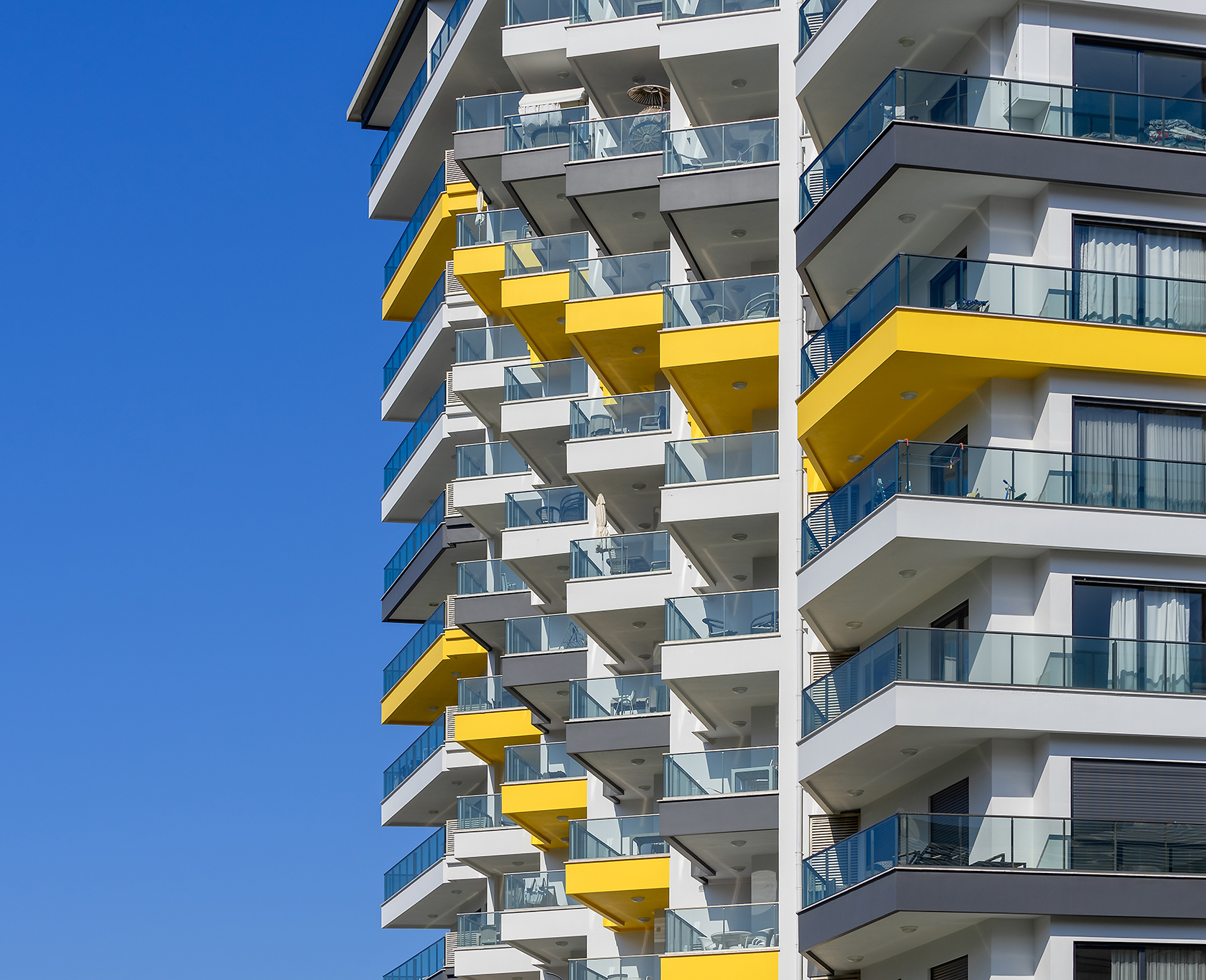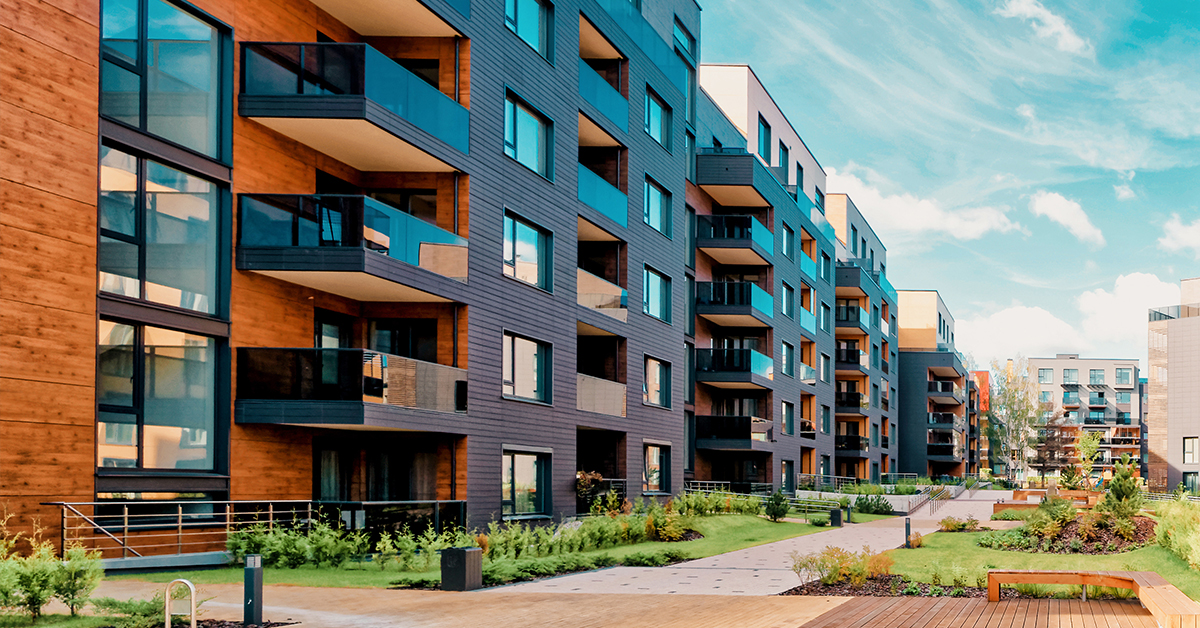Look into the Future of HOA Condo Developments
Look into the Future of HOA Condo Developments
Blog Article
The Duty of an HOA in Developing and Enforcing Neighborhood Standards for Locals
The function of a Homeowners Organization (HOA) in enforcing and establishing community standards is basic to keeping a orderly and cohesive property environment - hoa condo. By creating clear guidelines that govern facets such as property upkeep and area conduct, the HOA not just establishes requirements for residents but additionally fosters a feeling of belonging and responsibility. Nonetheless, the application of these guidelines can provide numerous obstacles, questioning concerning interaction, community, and justness involvement. As we explore these intricacies, it comes to be evident that the impact of an HOA expands much past plain rule enforcement.
Comprehending Property Owners Organizations
Homeowners organizations (HOAs) serve as regulating bodies for residential neighborhoods, playing a vital function in keeping building worths and fostering a feeling of area. Commonly created by developers, HOAs are composed of property owners within a marked area who elect a board to look after the organization's tasks. The key functions of an HOA include enforcing community regulations, taking care of usual locations, and arranging neighborhood events.
HOAs operate under a collection of regulating records, including commitments, conditions, and restrictions (CC&R s), which outline the civil liberties and obligations of homeowners. These guidelines intend to ensure that properties are preserved to a particular criterion, thereby shielding the aesthetic charm and overall worth of the area. In addition, HOAs frequently collect charges from home owners to fund maintenance, landscape design, and various other area solutions.
The existence of an HOA can substantially affect the living experience within an area (hoa condo). While some homeowners appreciate the organized setting and amenities offered, others may discover specific guidelines restrictive. Balancing the passions of all property owners is essential for an HOA to function properly, making certain that it serves its intended function of improving neighborhood living while respecting private house owner legal rights
Developing Neighborhood Standards

To start, an HOA ought to carry out studies or convene that allow citizens to articulate their recommendations and worries. This participatory process cultivates a feeling of possession and boosts compliance. Next off, the HOA board need to examine the feedback to identify typical themes and top priorities that warrant formal incorporation in the standards.
It is also necessary to make sure that the guidelines are clear, succinct, and easily recognized. Ambiguities can cause conflicts and misunderstandings, weakening the objective of the guidelines. Additionally, the standards should be detailed, covering various elements of area living, consisting of property upkeep, noise degrees, and use of common locations.
Enforcement of Regulations
Reliable enforcement of neighborhood guidelines is crucial for keeping order and ensuring that all residents follow the developed guidelines. An HOA must carry out a structured method to implement these policies, which commonly includes a mix of monitoring, communication, and fines for non-compliance.
First, routine evaluations and area patrols can aid identify infractions, making sure that rules are regularly applied across the neighborhood. This positive surveillance allows the HOA to attend to issues before they intensify, promoting a feeling of liability among residents.
Second, clear communication is necessary. Homeowners must be notified of the guidelines and the procedures for reporting violations. An open line of communication encourages residents to voice concerns and look for clarification on guidelines, which can boost compliance.

Lastly, when offenses take place, the HOA needs to implement effects as described in the regulating files. This may include advising letters, penalties, or, in serious instances, legal action. It is necessary that charges are applied relatively and consistently to maintain count on within the area. By properly implementing rules, an HOA can cultivate a harmonious living atmosphere that mirrors the cumulative values of its citizens.
Benefits of HOA Rules
Many advantages develop from the execution of HOA laws, which offer to boost the high quality of life within a neighborhood. One primary advantage is the maintenance of building values. By applying requirements for appearances and upkeep, HOAs make certain that homes and usual areas continue to be eye-catching, cultivating a preferable living setting that can bring about enhanced residential property values over time.
Additionally, HOA laws advertise uniformity and harmony within the area. This comprehensibility in style and maintenance aids to create a sense of belonging among residents, contributing to area pride and a positive ambience. Developed standards facilitate conflict resolution amongst neighbors by supplying clear assumptions and procedures for behavior, consequently lessening disagreements.
One more significant advantage is the arrangement of common amenities and Continued solutions. Numerous HOAs handle area facilities such as swimming pools, parks, and clubs, which improve entertainment possibilities for residents. These amenities not only enhance the lifestyle yet also motivate social communication.
Eventually, the regulations stated by an HOA cultivate a well-organized, unified area, making certain that locals enjoy a high criterion of living while fostering a supportive atmosphere for all house owners.
Usual Difficulties Encountered by HOAs
Amidst the benefits that homeowners associations (HOAs) can supply, they also encounter a range of difficulties that can hinder their effectiveness. Numerous property owners may not take part in conferences or area tasks, leading to a disconnect between the HOA board and citizens.
One more difficulty is the enforcement of guidelines and rules. Conflicts can emerge when homeowners feel that enforcement is irregular or biased, possibly leading to disputes within the community. In addition, HOAs commonly face economic restrictions, which can restrict their capability to keep common areas or fund community jobs. This can create dissatisfaction amongst residents who anticipate high criteria of maintenance.
Furthermore, navigating lawful intricacies can be discouraging for HOAs. They have to ensure conformity with state laws while handling their own governing records, go to my blog which can be a source of confusion. Finally, changing demographics and progressing area needs call for HOAs to adjust their standards, often meeting resistance from long-standing citizens who are accustomed to traditional standards. Dealing with these difficulties is important for promoting a successful and harmonious community.
Verdict

By developing clear policies that control elements such as property maintenance and neighborhood conduct, the HOA not only sets requirements for residents however also promotes a sense of belonging and responsibility.Homeowners associations (HOAs) offer as regulating bodies for domestic communities, playing a crucial role in preserving property values and cultivating a sense of area. Numerous house owners might not take part in meetings or area activities, leading to a disconnect in between the HOA board and locals. Altering demographics and evolving community needs call for HOAs to adjust their standards, frequently meeting resistance from enduring homeowners that are accustomed to standard standards. Through the development of clear policies and consistent enforcement, HOAs promote property upkeep, community satisfaction, and count on among homeowners.
Report this page